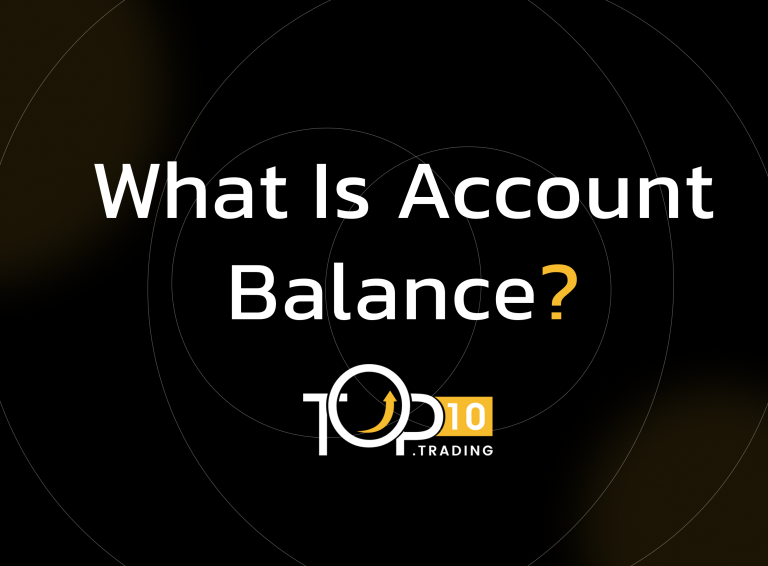Account Balance Definition

In trading and investing, keeping track of your financial standing is fundamental. One of the most basic yet essential terms you will encounter is account balance. Whether you are trading stocks, forex, cryptocurrencies, or other assets, understanding your account balance is key to managing your trades and risk effectively.
Key Takeaways
- Account balance is the total amount of money in your trading account, reflecting deposits, withdrawals, and realized profits or losses.
- It excludes unrealized gains or losses from open trades.
- Account balance is crucial for managing risk, calculating position sizes, and understanding your available capital.
- It differs from account equity, which includes the value of open positions.
- Monitoring your account balance regularly helps maintain disciplined and informed trading practices.
Definition of Account Balance
Account balance refers to the total amount of money currently available in your trading account. It represents the sum of your initial deposit plus any realized profits or losses from closed trades, minus any withdrawals or fees.
In other words, the account balance shows your net cash value before considering any open positions or unrealized profits and losses.
For example, if you deposited $5,000 into your trading account, made $500 in profits from closed trades, and paid $50 in fees, your account balance would be:

This $5,450 is your current account balance.
Why Is Account Balance Important?
- Tracks Your Available Capital: It tells you how much money you have at your disposal for opening new trades or withdrawing.
- Foundation for Risk Management: Knowing your account balance helps you calculate position sizes and set stop-loss levels to manage risk effectively.
- Reflects Realized Gains and Losses: Only closed trades affect the account balance, so it shows your actual profit or loss, not potential or floating amounts.
- Used to Calculate Margin and Leverage: Brokers often require a minimum account balance to maintain margin requirements and leverage positions.
Account Balance vs. Equity
- It’s important to distinguish account balance from account equity:
- Account Balance: Includes only realized profits and losses from closed trades.
- Account Equity: Includes the account balance plus unrealized profits or losses from open positions.
- For example, if you have an account balance of $5,000 and an open trade currently showing an unrealized profit of $200, your equity would be $5,200.
How Account Balance Affects Trading
- Determines Trading Power: Your account balance limits how much you can trade, especially when using margin.
- Impacts Broker Requirements: Some brokers require minimum balances to access certain features or avoid fees.
- Influences Psychological Comfort: A healthy account balance can boost trader confidence, while a declining balance may signal the need to adjust strategies.
- Understanding absolute return helps traders and investors evaluate their investments more effectively and align their strategies with their financial goals. Whether you are managing a portfolio or analyzing a fund, knowing this fundamental concept is essential for making smarter trading decisions.
